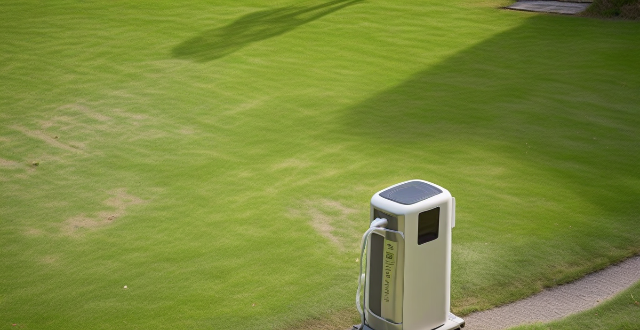Signal boosters are versatile devices that can be used outdoors to enhance wireless signals like cellular, Wi-Fi, and GPS. While they offer significant advantages in improving connectivity in various outdoor scenarios, their effectiveness depends on factors such as environmental conditions and installation challenges. Proper planning and understanding of the specific needs and technical requirements are crucial for successful implementation.

Can a Signal Booster be Used Outdoors?
Signal boosters are devices designed to amplify the strength of wireless signals, such as cellular, Wi-Fi, or GPS signals. These devices can indeed be used outdoors, but their effectiveness and application may vary depending on several factors. Let's dive into the details:
Understanding Signal Boosters
Types of Signal Boosters
1. Cellular Signal Boosters: Amplify the strength of cellular network signals for clearer calls and faster data transmission.
2. Wi-Fi Signal Boosters: Extend the range of Wi-Fi networks, making it possible to access the internet in areas with weak or no coverage.
3. GPS Signal Boosters: Enhance the reception of Global Positioning System signals for more accurate navigation and tracking.
How They Work
Signal boosters work by capturing weak signals from a source (like a distant cell tower or router), amplifying them, and then rebroadcasting the enhanced signal within an area where coverage is needed. This process involves:
- Antenna: To capture the weak signal.
- Amplifier: To boost the signal strength.
- Internal Antenna: To broadcast the amplified signal.
Using Signal Boosters Outdoors
Considerations for Outdoor Use
While signal boosters can be used outdoors, there are some considerations to keep in mind:
- Environmental Factors: Extreme weather conditions can affect the performance and longevity of outdoor equipment.
- Installation Challenges: Proper placement of external antennas is crucial for optimal performance, which might be more challenging outdoors due to environmental constraints.
- Power Source: Ensuring a reliable power source for the booster, especially in remote outdoor locations, might require additional planning.
Applications of Outdoor Signal Boosters
- Remote Areas: In rural or remote areas where network coverage is poor, signal boosters can significantly improve connectivity.
- Outdoor Events: For large gatherings like concerts or sports events, boosters can help manage the high demand for network services.
- Construction Sites: On construction sites or other temporary workplaces, signal boosters can ensure uninterrupted communication and data exchange.
Conclusion
Signal boosters can indeed be utilized outdoors, offering substantial benefits in various scenarios ranging from improving connectivity in remote areas to enhancing network performance at large-scale events. However, careful consideration of the specific needs, environmental factors, and technical requirements is essential for successful implementation. By understanding the types of signal boosters available and their applications, users can make informed decisions about how to best utilize these devices in outdoor settings.